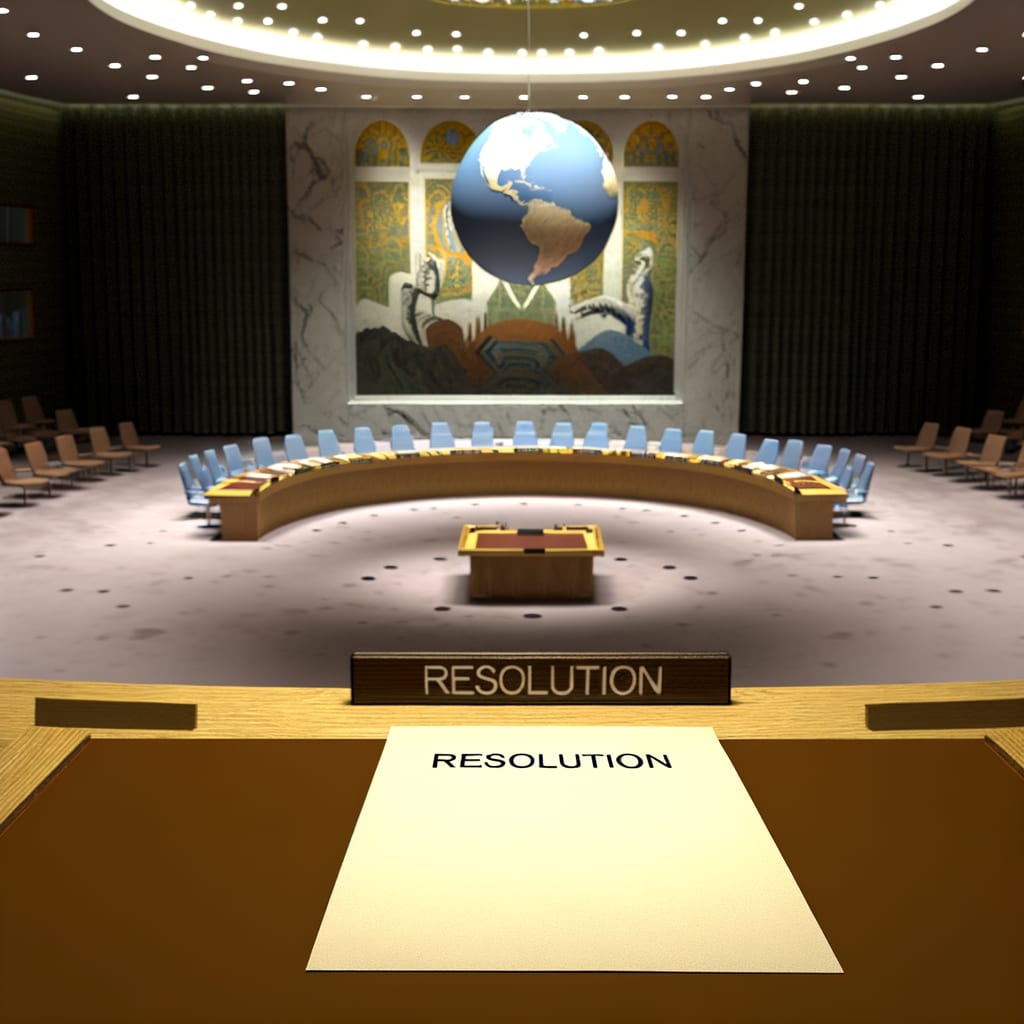UN Security Council Rejects Delay in Iran Sanctions Despite Russia and China's Efforts
In a significant development, the United Nations Security Council (UNSC) rejected a resolution proposed by Russia and China to delay the reimposition of sanctions on Iran over its nuclear program. The sanctions, rejected by a majority of the 15-member council, are set to go into effect early Sunday in Iran.
The Failed Bid
The resolution, which was seen as the last chance to prevent escalating tensions, proposed a six-month extension of Iran sanctions relief. This followed the expiration of the Joint Comprehensive Plan of Action (JCPOA), a 2015 nuclear deal between world powers and Iran. However, with only four countries, including Algeria, China, Pakistan, and Russia voting in favor, the resolution failed to garner the necessary support.
According to the South China Morning Post and The Hindu, the vote took place after weeks of meetings between Western countries and Iran failed to result in a concrete
agreement.
Controversy Over the Snapback
Mechanism
The snapback
measure, which reinstates sanctions on Iran following stalled talks on its nuclear program, was initiated by Britain, France, and Germany. According to IRNA English, Iranian Foreign Minister Abbas Araghchi described the European Troika’s attempt to trigger the snapback mechanism against Iran as a legally baseless and politically destructive act that will damage Europe’s credibility.
TASS reports that Russia and China strongly supported maintaining the lifting of the previous sanctions on Iran. The Russian Foreign Ministry pointed out that the UN Secretariat had no basis for renewing the relevant mandates.
Consequences and Reactions
Following the unsuccessful bid, Iran's top security body announced the suspension of nuclear cooperation with the International Atomic Energy Agency (IAEA), as reported by Russia Today. The head of the Iranian Atomic Energy Organization, Mohammad Eslami, stated that Iran would continue its peaceful nuclear program regardless of foreign pressure.
The Guardian reported that UN sanctions on Iran will be re-established unless the nine-member security council agrees to further extend sanctions relief. The sanctions will include freezing Iranian assets abroad, halting arms deals with Tehran, and penalizing any development of Iran’s ballistic missile program.
Current Status
As of now, the UN sanctions on Iran are set to take effect, with Iran vowing to continue its nuclear program and halt cooperation on nuclear inspections. The situation remains tense, with Russia and China's bid to delay the sanctions failing, and Western countries insisting on the implementation of the snapback
mechanism.

